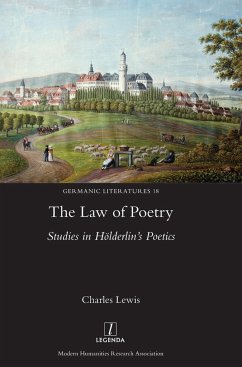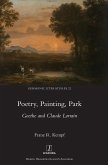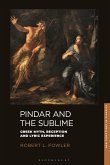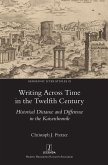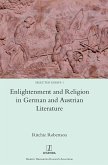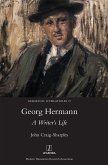The place of Friedrich Hölderlin (1770-1843) in European literature is assured, and his significance for the development of German philosophy widely acknowledged. Here the focus is more specifically upon his poetics: a body of reflections on the nature of poetry and the meaning of the poet's vocation. These are found in poems and letters, in difficult (and often fragmentary) theoretical writings, and - in the case of the 'Pindar Fragments' - texts in which the distinction between poetry and theoretical reflection seems to be overcome. Although Hölderlin's poetics is considered from various points of view, the themes that emerge most frequently are Hölderlin's notion of a 'poetic law' or 'poetic logic', and his conception of tragedy and of what might be called the 'anti-tragic'. Also included is a new translation of Hölderlin's 'Notes' on Sophocles, which are here provided with a commentary. Charles Lewis received his Ph.D. in Philosophy from Cambridge University. He has taught at Princeton University, and held an Alexander von Humboldt Fellowship at the Free University, Berlin.
Bitte wählen Sie Ihr Anliegen aus.
Rechnungen
Retourenschein anfordern
Bestellstatus
Storno

